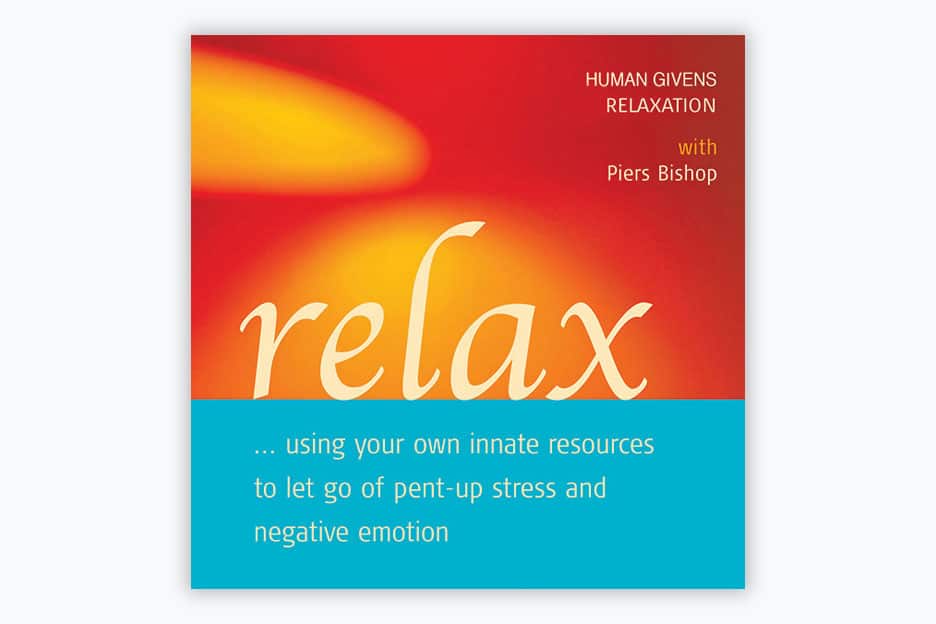Depression and high anxiety are context blind
Seeing the bigger picture is key to recovery
Key points:
- Context has a bearing on all life circumstances.
- The high emotional arousal that characterises much psychological ill-health can wipe out our sense of context.
- Good therapy involves helping clients broaden their perspectives, so that they can see their true circumstances and how to change them.
Which end of a knitting needle could do you some nasty damage? One would assume the business end, of course – not exactly a sharp point but sharp enough, should you get stabbed with it. However, when I was injured by one, I ended up with a wound in my thigh which clearly bore the shape of the thick flat disc that sits at the other end.
I was about seven years old. My dad was decorating the bedroom that my sister and I shared, so our beds had temporarily been pushed into a corner of the living room, where there was just enough space between wall and bed for me to inch through to the books that were serving as a bedside table. I was running to get a book, while holding a needle with a row of knitting on it at my side. The sharp end of the needle embedded itself in the wall, forcing the other end to penetrate through my trousers into my thigh. The wound was impressive.
So the answer to the earlier question is: It always depends on the context. With context a determining factor in many life situations, it is telling that much emotional and mental ill health involves context blindness, largely because emotional arousal swamps our ability to see perspective.
The term context blindness is usually used in connection with autism, with which there can be a tendency to focus on detail rather than the whole picture. However, states of mind can make people context-blind, too. This is the case, say, when a highly anxious employee is ignored by her boss as they pass in the busy office corridor and she immediately thinks that she has done something dreadful and is going to get the sack. She gives no thought to the possibility that her boss might have been preoccupied with her own concerns, was looking at her phone, didn’t notice her, or hadn’t been to see an optician for a while.
This article was first published on Psychology Today, and was written by Denise Winn.


